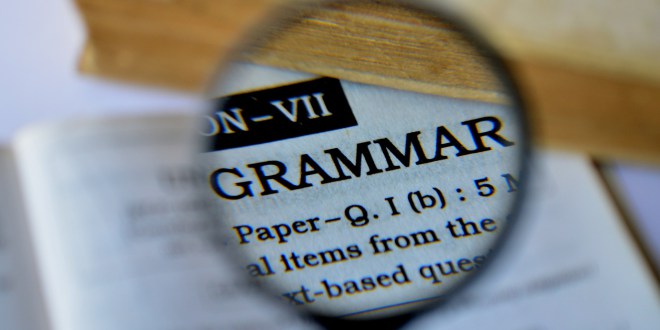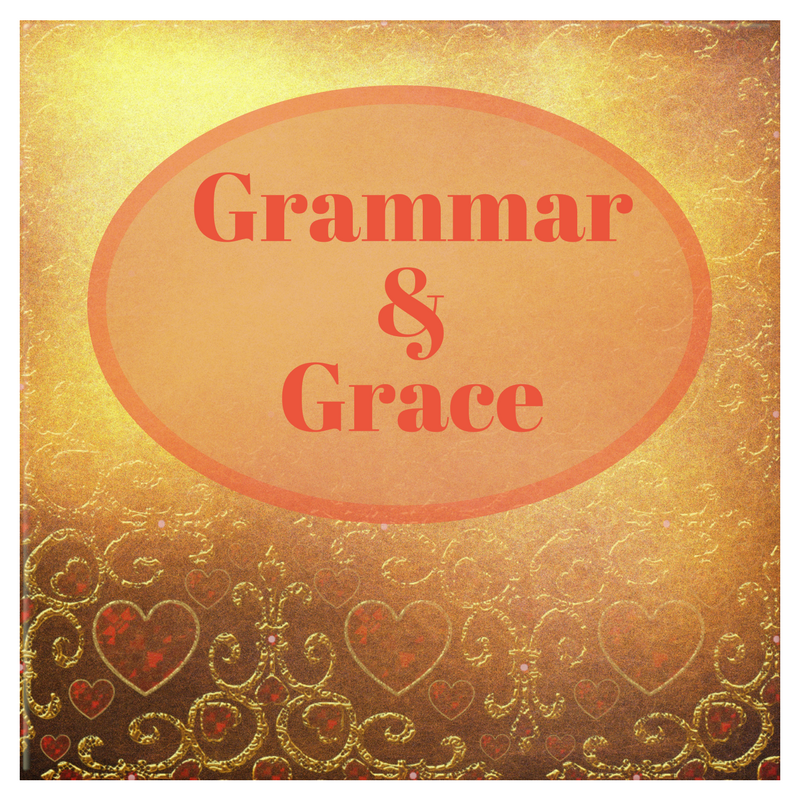Last time, I introduced the eight parts of speech. This time, we’ll focus on verbs.
I’m beginning with the verb because to be a complete sentence and not just a phrase or a fragment, a group of words has to have a verb. A verb is the action part of the sentence or the part that talks about being.
I am. That’s a sentence.
Steelers won. That’s a sentence, too. Of course, a better, more descriptive sentence might be something like—The fantastic Pittsburgh Steelers shut out the stinkin’ New England Patriots and won the Super Bowl.
To understand verbs, we must understand more than just the definition that a verb is a word that describes a state of action or being.
Agreement—A verb must agree with its subject. We’ll discuss this idea more in later posts once I introduce nouns.
Tenses—A verb tense tells the time of the action. To keep things simple, we’ll discuss past, present, and future tenses.
Present—I enjoy avocado on toast.
Past—I enjoyed avocado on toast yesterday.
Future—I will eat avocado on toast tomorrow.
Notice that the spelling of the verb changes for the past tense. Usually, adding the suffix -ed to a verb makes it past tense. For the future tense, I added a helping verb will.
Linking verbs—These verbs join a subject to its complement. Common linking verbs are be, am, is, are, was, were, been, being—forms of the verb to be. Verbs of the senses are also linking verbs—feel, smell, sound, look, seem, and taste.
Her voice sounded shrill. (Sounded links voice to shrill.)
She is the Olympic swimmer. (Is links she to swimmer.)
Helping verbs—These verbs are also called auxiliary verbs. They help form proper tenses. Common helping verses include the linking verbs as well as have, has, had, shall, will, may might, can, would, should, could, must, and ought.
Beth has invited several people to the Parade of Tables, but only two have accepted.
Irregular verbs—These verbs do not take an addition of the suffix -ed to form the simple past tense. Some irregular verbs include the following: eat/ate/eaten, see/saw/seen, come/came/come, drink/drank/drunk, drive/drove/driven.
This post is an attempt to remind readers about the function of verbs. Understanding the function will help make your writing clear, correct, and concise.
Do you have questions about verbs?
Happy writing!







No Comments